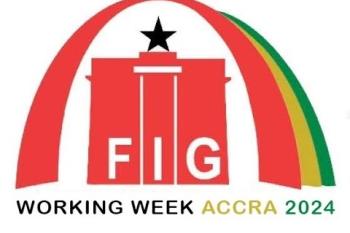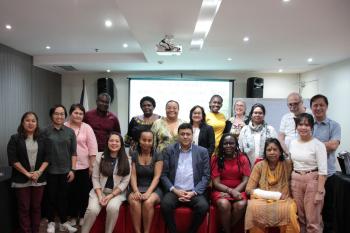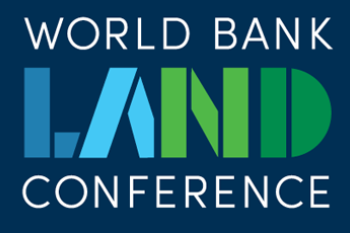Land Policy and Management in the Caribbean
Supporting the Eastern Caribbean States Improve Land Policies and Management
The Australian Government through Australian Agency for International Development (AusAID) is supporting the Organization of Eastern Caribbean States (OECS) to implement a project to improve land policies and land management in OECS Member States. The OECS consists of nine member States of Anguilla, Antigua and Barbuda, British Virgin Islands, Commonwealth of Dominica, Grenada, Montserrat, Saint Lucia, St Christopher (St Kitts) and Nevis, St Vincent and the Grenadines. UN-Habitat has been enlisted for technical expertise to develop the project proposal, which has been duly completed and reviewed by stakeholders. In this project UN-Habitat/GLTN, in collaboration Organization of Eastern Caribbean States (OECS), the Caribbean Network for Urban and Land Management (CNULM), University of West Indies, National Land Agencies, Other National Ministries with interest in land issues, and other Land Stakeholders including Civil Society Organizations (CSOs) and professional bodies, are supporting OECS and National governments to develop foundations for sustainable land management reflecting the Region's aspirations for equity, efficiency and sustainability. This will entail development of OECS Land Policy guidelines highlighting the crucial importance of land management to the achievement of economic development, poverty reduction, social stability and the protection of environmentally sensitive areas.
The project's objective was to achieve enhanced sustainability of development in the OECS - economic development, poverty reduction, social stability and the protection of environmentally sensitive areas - through the formulation, adoption and implementation of comprehensive land policies. Project implementation included concurrent implementation of quick-win interventions identified through country papers prioritization. Specifically, the expected project achievements were:
- Capacity enhancement for regional institutions to develop effective land policies through inclusive and extensive consultative processes. This will instil the ability to amicably mitigate conflicting interests and perceptions/views thereby encouraging constructive critique of land themes and successful, inclusive engagement on the land agenda.
- Formulation and adoption of OECS Land Policy guidelines, encompassing principles of equity, efficiency and sustainability, compatible with international best practices and a foundation for inclusive land management. Land Policy guidelines will be informed by issues papers that will identify prevailing land challenges in each OECS country, propose mitigation measures that should be included in policy principles and highlight priority actions that can be undertaken through project support to nurture an environment that will be conducive for policy implementation.
- National Land Policies and implementation tools approved in Grenada, St Kitts and Nevis and St Lucia based on the OECS Land Policy guidelines and adapted to national conditions.
- Successful piloting of Social Tenure Domain Model (STDM), a pro-poor land rights recording system, in collaboration with local agencies involved in land records; this will be piloted in parallel with existing systems while assessing its viability to operate full-scale.


